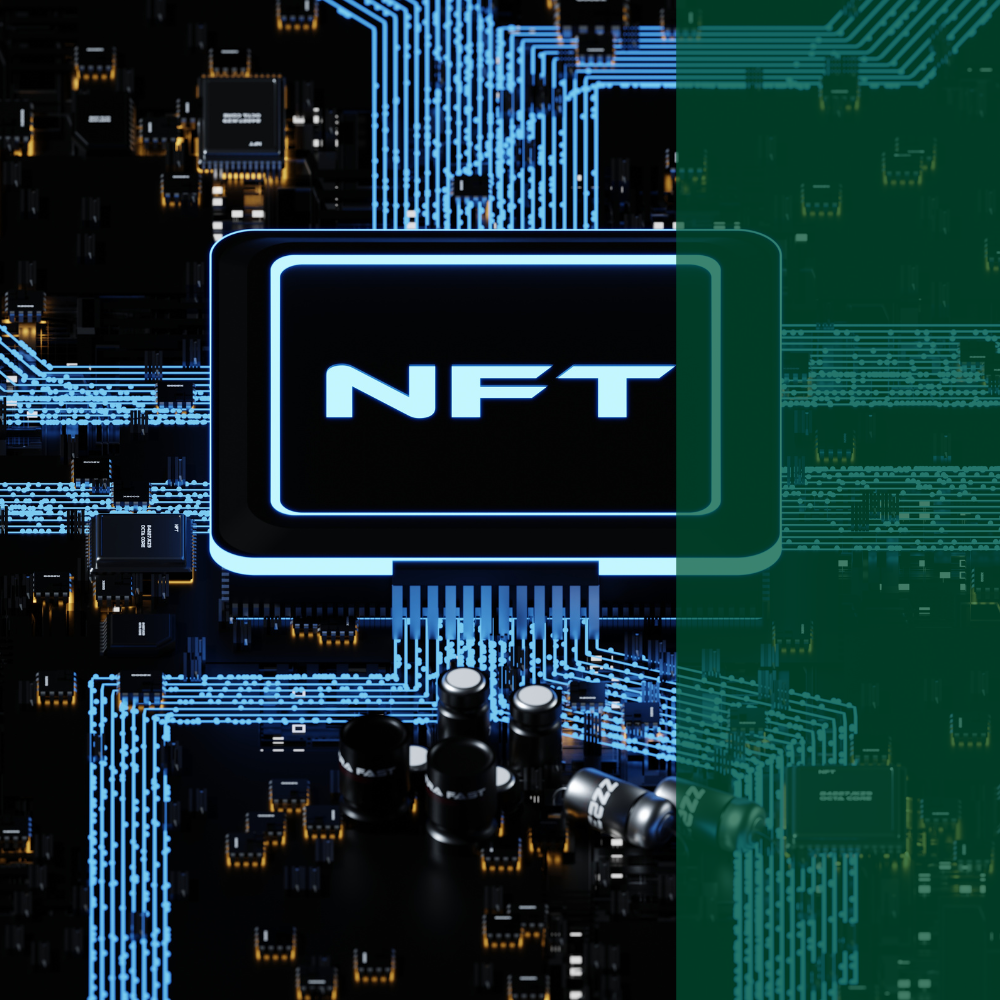The implementation of an IT project is often a complex and time-consuming process. Due to the time and resources required to complete the agreed scope of work, the parties of the transaction may agree that the contractor will be entitled to receive a part of the remuneration during the execution of the contract – according to the progress of the work, so-called milestones, which define the stage whose achievement obliges the customer to pay part of the remuneration to the contractor.
Tax point
As a rule, taxpayer is obliged to tax a given activity at the time the tax obligation arises, i.e. at the time the goods are delivered, or the service is performed. One of the many exceptions is also the receipt of all or part of the payment before the delivery of goods or performance of services. In such a situation, the tax obligation arises at the time the payment is received in respect of the amount received.
In practice, the achievement of individual milestone does not trigger the tax point, as it does not confirm the performance of all activities covered by the contract. Thus, the contractor is not obliged to issue an invoice (unless the achievement of a milestone is equivalent to the so-called partial performance of the service – which, however, is a separate issue)
Receipt of an advance payment
The contractor will certainly be obliged to issue an invoice if, in connection with the achievement of a given milestone and before the completion of delivery, i.e., the completion of all activities covered by the contract, he receives an advance payment, which is part of the remuneration stipulated in the contract.
In practice, the ordering party often requires that payment of the agreed installment, advance or upfront payment be made on the basis of an issued invoice. In such a situation, it is important to bear in mind the risks arising from premature invoicing, in case the ordering party fails to make payment within the statutory deadline.
Risk of paying VAT on a prematurely issued invoice
Pursuant to the VAT rules, a taxpayer is obliged to issue an invoice documenting a completed transaction – both in the case of a standard transaction of supply of goods or provision of services and receipt of an advance payment, no later than the 15th day of the month following the month in which the tax point arose, and at the same time no earlier than 60 days before the tax point (before January 1, 2022, it was 30 days). However, the legislator did not explicitly indicate the consequences of not complying with these deadlines. Despite the passage of time and the uniform line of jurisprudence of the administrative courts, doubts and risks related to the recognition of prematurely issued invoices as „empty” are still high.
It is also worth remembering that in addition to the risk that a prematurely issued invoice will be considered empty, we also have sanctions under the Fiscal Penal Code. In extreme situations, the taxpayer must expect consequences under the Fiscal Penal Code.
Standpoint of the tax authorities
It follows from the literal wording of the VAT Act and the standpoint of the Director of National Tax Information that the tax shown on a prematurely issued advance invoice is due for payment. The tax authority has consistently held that an advance invoice issued earlier than the 60th day before the tax point documents an activity that did not occur. According to the Director of National Tax Information, the only solution to avoid paying VAT is to correct the invoice to zero.
The line of jurisprudence of administrative courts
On the other hand, the administrative courts are sympathetic to taxpayers and emphasize that the mere issuance of an invoice does not affect the tax liability, noting the purposive interpretation of Article 108 of the VAT Law, which is intended as a sanction and preventive measure, introducing an exception to the principle of VAT neutrality. This means that it should apply only if the invoice does not document an actual transaction. Also, the occurrence of an economic event at a later date than provided for by the parties to the transaction will not make the invoice „empty”. According to the courts, in such a situation it is difficult to see the possibility of a depletion of public receivables, since the purchaser is not entitled to deduct VAT from such a prematurely issued advance invoice, as long as the issuer of the invoice does not have a tax obligation (for example, the judgment of the Supreme Administrative Court of March 14, 2023, ref. I FSK 2093/18 and April 21, 2023, ref. I FSK 229/20).
Despite the positive line of jurisprudence of administrative courts, the tax authority does not let up, as exemplified by the negative standpoint presented in recent tax rulings; and so, for example, the positive individual ruling of November 28, 2023 (ref. 0112-KDIL4.4012.337.2018.11.KK) was issued only as a result of a reconsideration of the application, after taking into account the judgment of the Regional Administrative Court in Rzeszow and the judgment of the Supreme Administrative Court of June 21, 2023 (ref. I FSK 686/19). The case concerned a company that provides IT services, including to public institutions, which often impose their terms of contract. The parties agree that payment shall be made on the basis of a VAT invoice within 30 days from the date of issuance of that invoice, while in practice it happens that the advance payment is received after the contractual deadline (i.e., after the 30th day from the date of issuance of the invoice). According to the regulations in effect at the time, this resulted in the issuance of an invoice in violation of the VAT Law. In this case, the Supreme Administrative Court clearly prejudged that premature issuance of an invoice (i.e., in violation of formal time limitations) does not give rise to consequences under Article 108 of the VAT Law, as long as the invoice documents an actual taxable economic event, thereby dismissing the tax authority’s appeal against the sentence.


